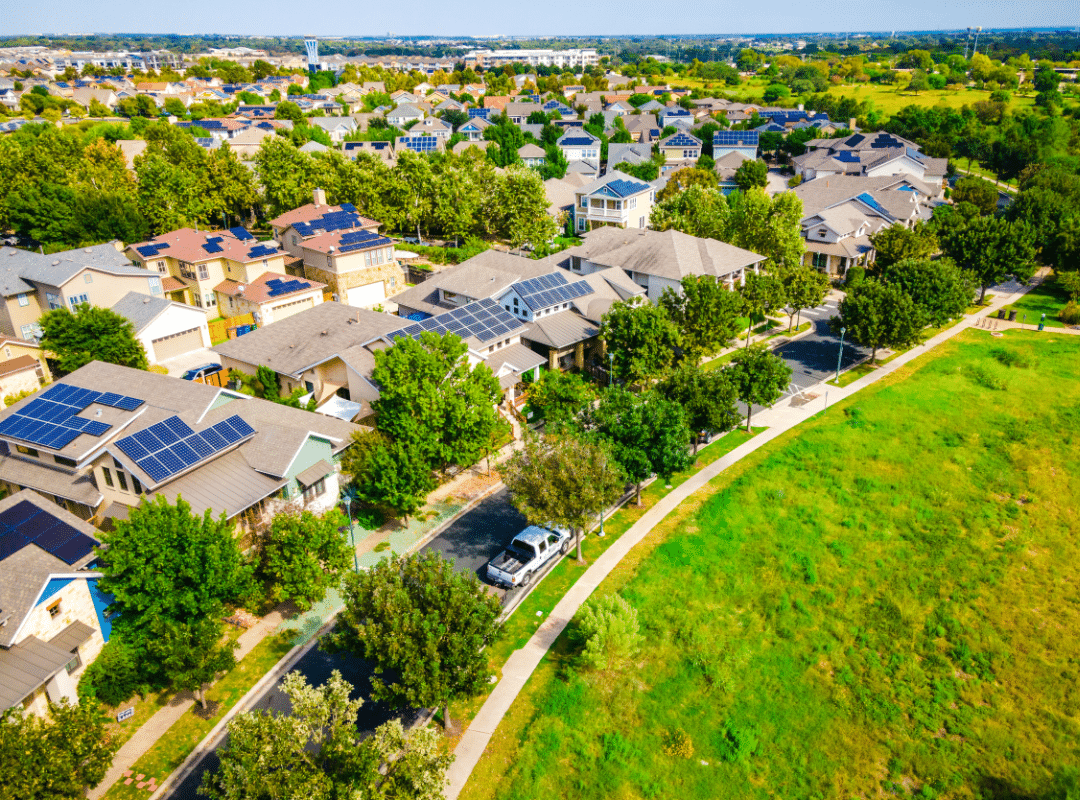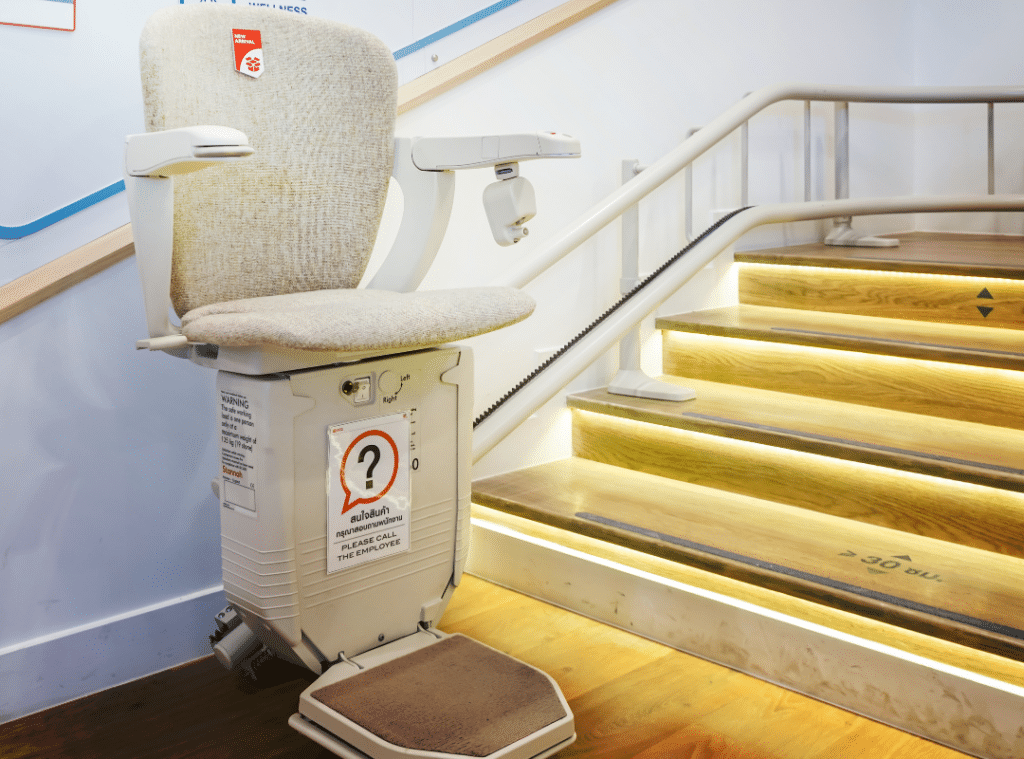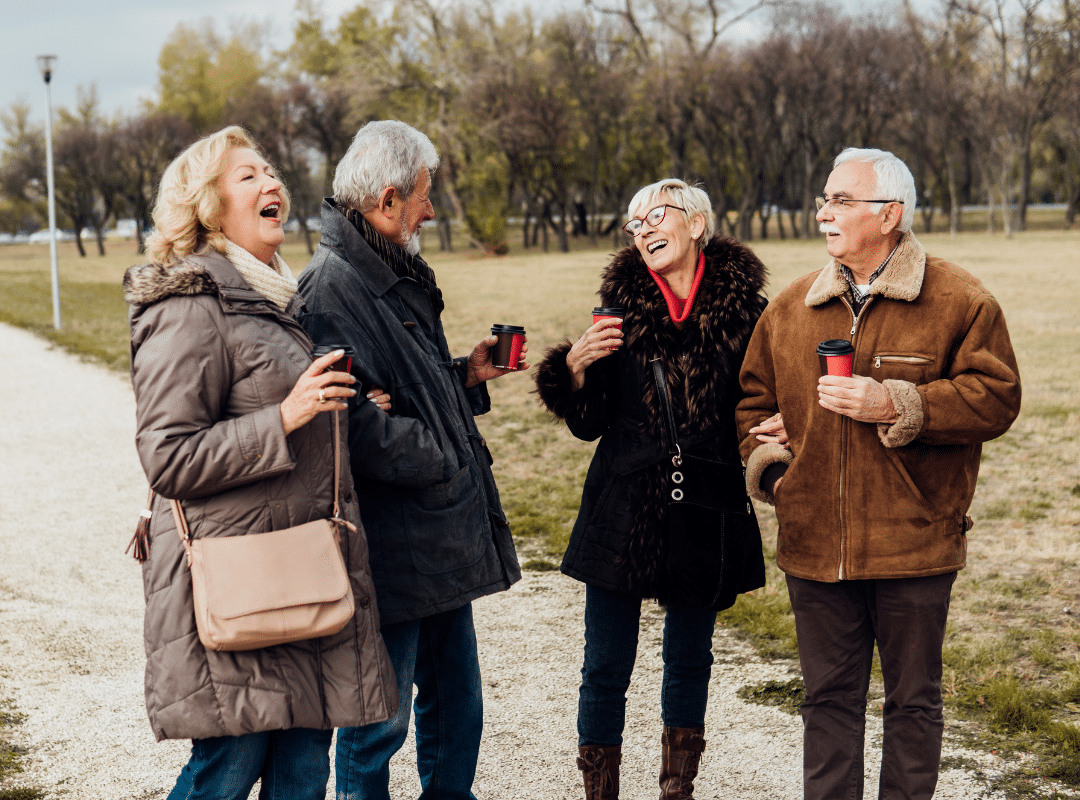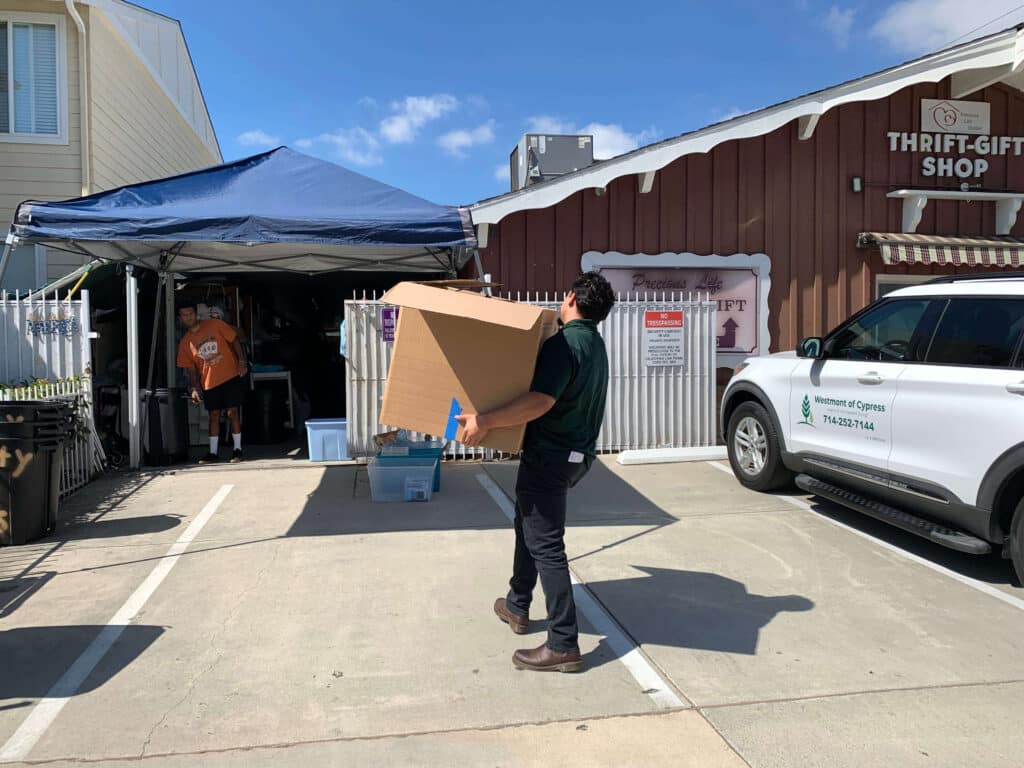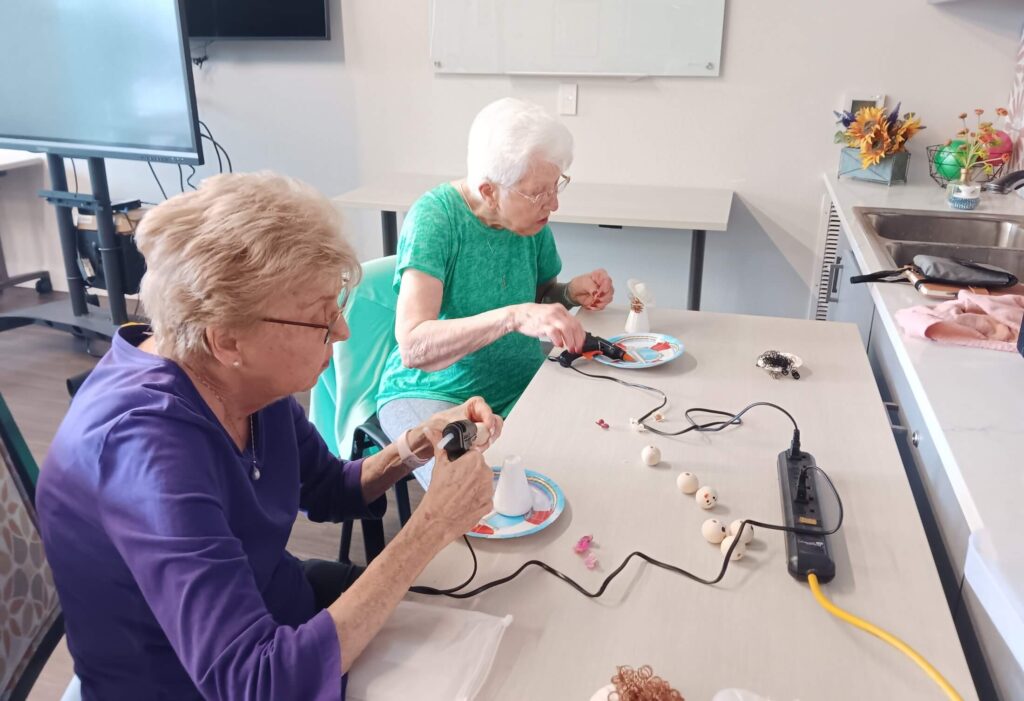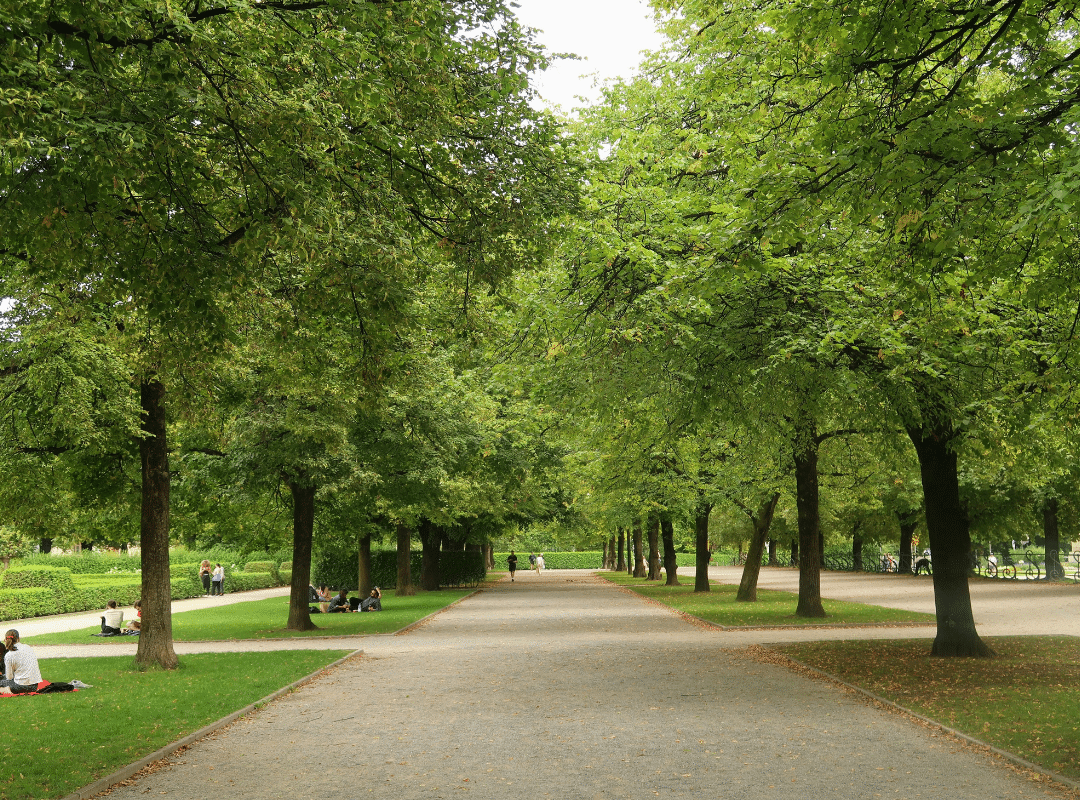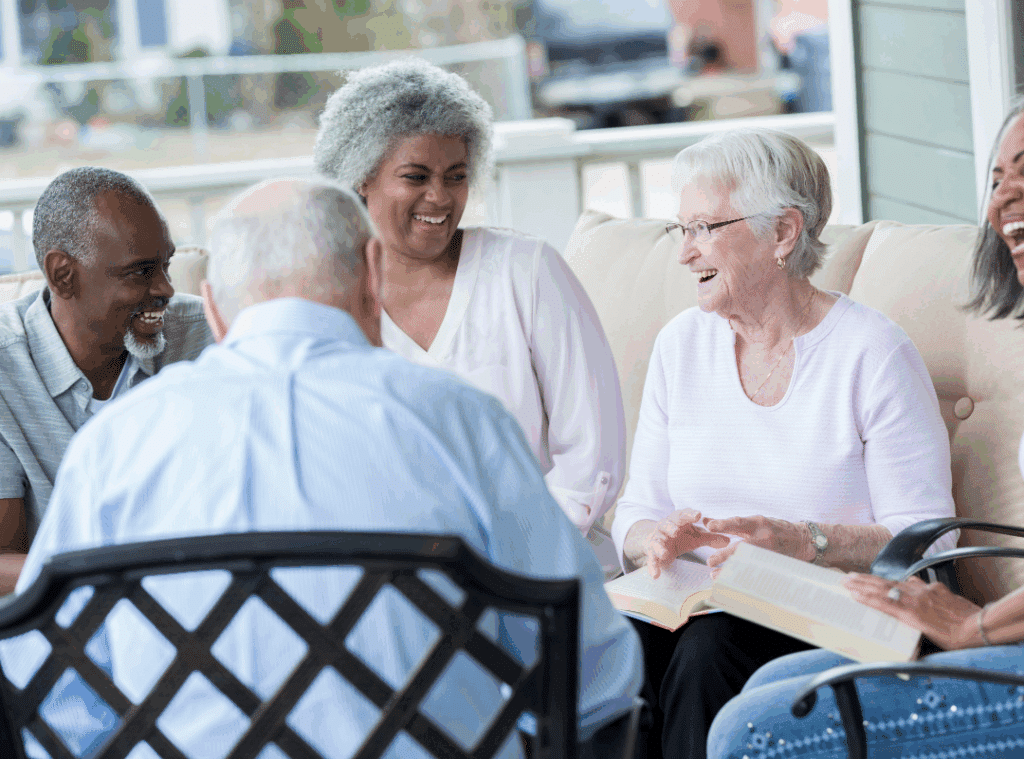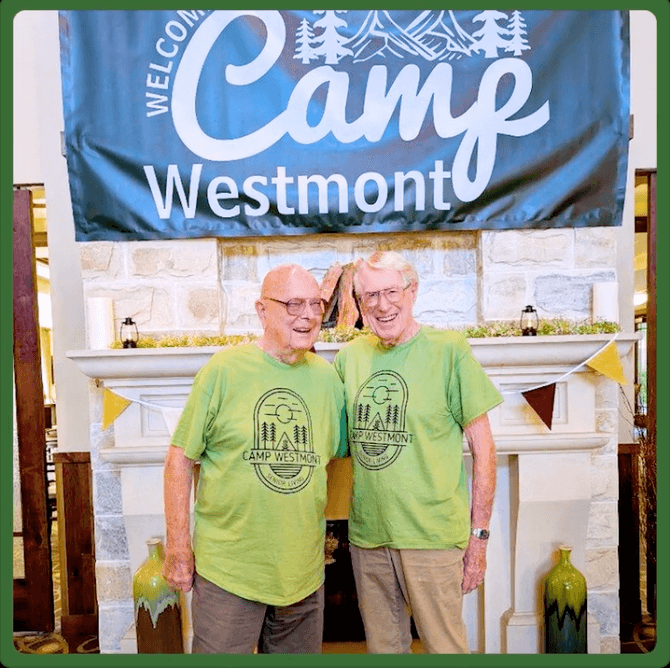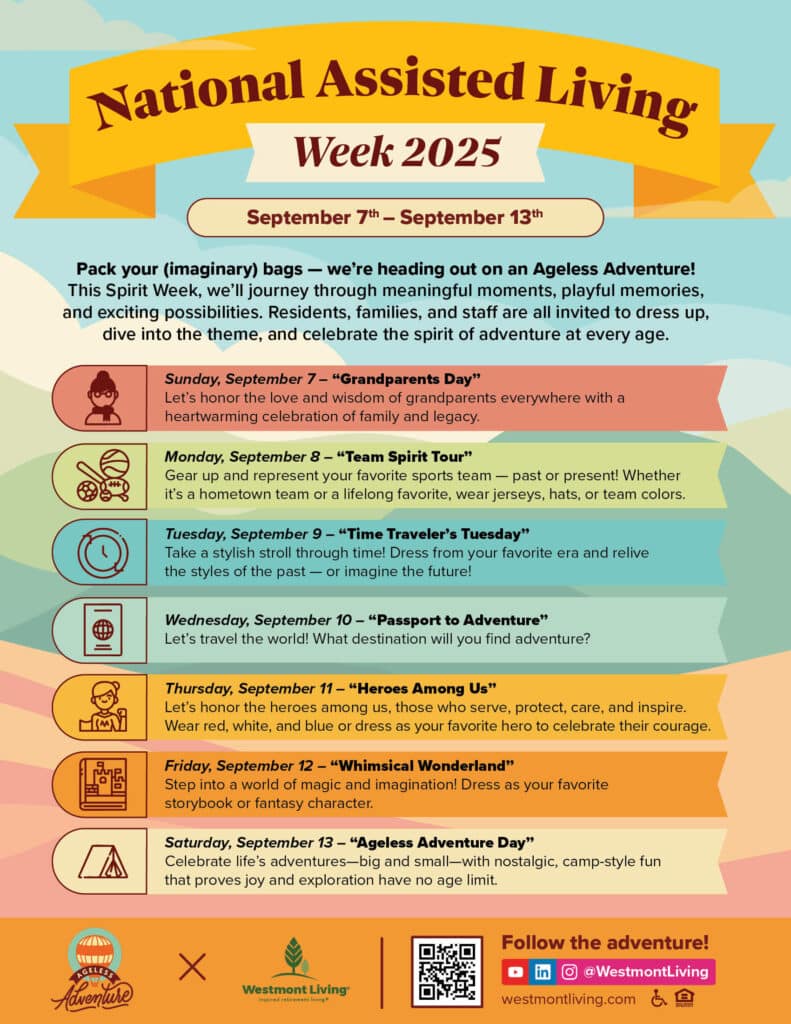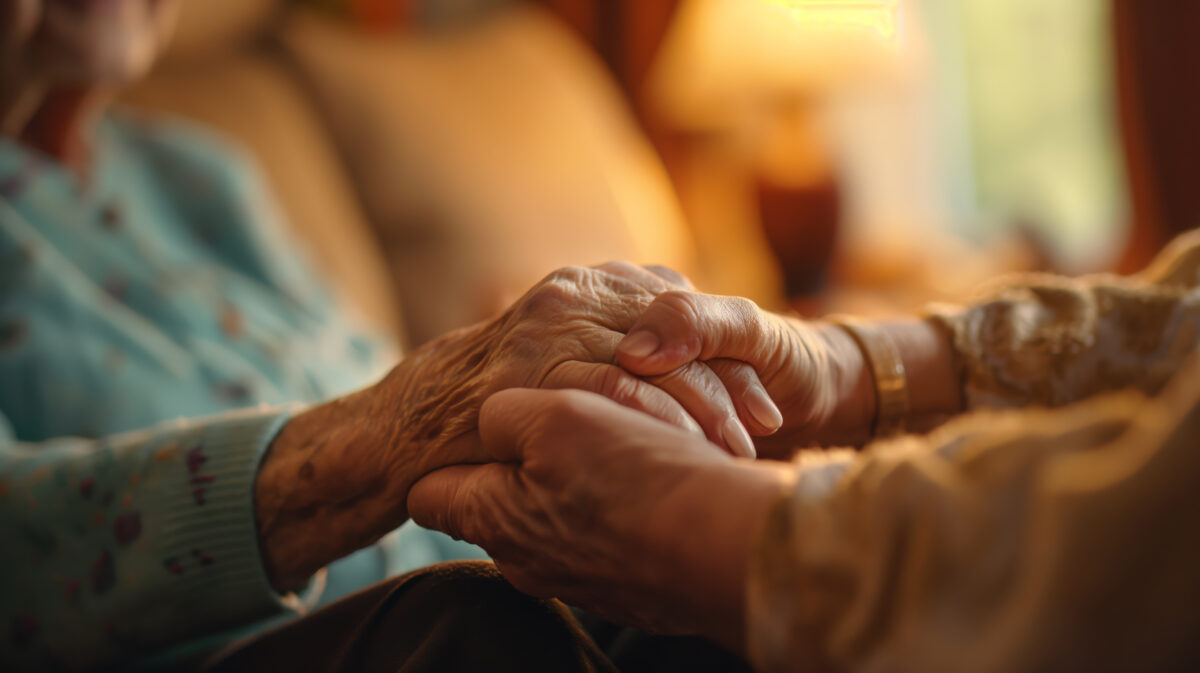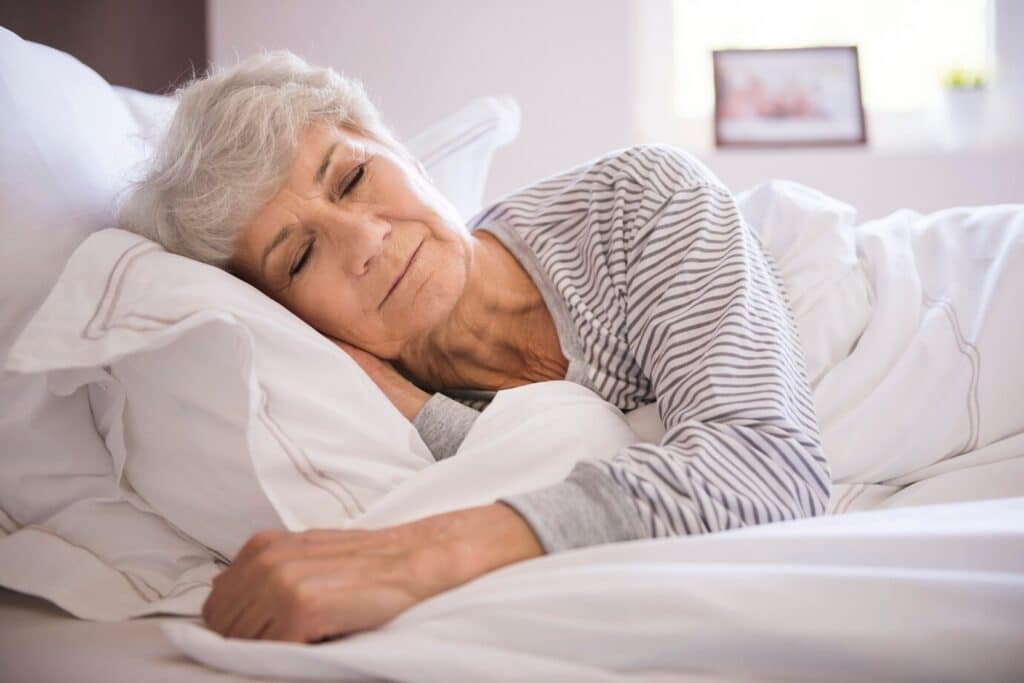Are Senior Living Communities Growing? 2025 Insights
As more families explore quality long-term care options, the question “Are senior living communities growing?” has become more relevant than ever. The answer is a resounding yes—and the growth is not just in size, but in innovation, engagement, and personalization. This expansion offers solutions to many challenges faced by an aging population, such as isolation, complex care needs, and limited housing availability.
In this blog, we’ll explore the latest senior living industry statistics, occupancy trends, construction updates, investment potential, and the impact of technology on the senior living sector. Whether you’re a family member researching options or an investor analyzing the senior living market growth, this guide offers critical insights.
Current Occupancy Trends in Senior Living Communities
One of the clearest signs that senior living communities are growing is the increase in occupancy rates. From Q2 to Q3 2024, rates rose to 86.5%, signaling strong demand despite a significant dip in new construction—the lowest since 2009, with only 7,100 new units started. This imbalance highlights the urgency for more innovative and diverse care models to meet current needs.
For example, communities like Lakeview Senior Living are stepping up by offering personalized care and robust community programs. You can read more about the benefits of assisted living on their blog.
Factors Fueling Senior Living Market Growth
The senior living market growth is being driven by several interconnected factors:
- An aging Baby Boomer generation
- Shifts in care preferences toward personalized and flexible options
- Enhanced lifestyle and social engagement offerings
Let’s break these down further.
Aging Population and Senior Living Census Data
Recent senior living census data shows a sharp uptick in older adults seeking structured care. With Baby Boomers entering their late 70s and 80s, their preference for active, socially engaged environments has reshaped the industry. Many are choosing communities offering options like memory care, wellness-focused living, and lifelong learning.
Read how Carmel Valley’s newest senior living community reflects this evolution in care by prioritizing flexibility, independence, and health-centered design.
Diverse Care Preferences Are Redefining Retirement Homes
Older adults now expect a range of living and care options, which is propelling the growth of the senior living sector. Communities are adapting by offering:
- Tailored wellness programs
- Memory care services for Alzheimer’s and dementia
- Flexible housing options like independent, assisted, and co-housing
Personalized care plans are no longer a luxury—they’re a necessity in today’s competitive market.
Social Engagement as a Core Offering
Strong community programming plays a central role in this growing sector. Seniors seek environments where they can thrive socially, emotionally, and mentally. Popular offerings include:
| Benefits | Activities | Programs |
| Reduced loneliness | Art workshops | Gardening clubs |
| Better mental health | Exercise classes | Book discussions |
| Enhanced sense of purpose | Music therapy | Volunteerism |
Creating socially connected communities is key to increasing occupancy and resident satisfaction.
Challenges in the Construction Pipeline
Despite robust demand, supply struggles to keep pace. According to recent senior living industry statistics, construction starts remain extremely low. Key challenges include:
- High material costs
- Regulatory red tape
- Labor shortages
- Long development timelines
With only 7,100 units started in 2024, many experts fear a growing gap in availability unless municipalities and developers respond quickly.
For context, check out this National Investment Center (NIC) construction trends report, which tracks building data and projections across the U.S.

Investment Opportunities in a Growing Market
The silver lining of this supply-demand imbalance is a ripe opportunity for investment. Investors are increasingly eyeing the senior living market growth as a long-term strategy with high yield potential.
| Investment Type | Estimated ROI |
| Independent Living | 8–10% |
| Assisted Living | 10–12% |
| Memory Care | 12–15% |
| Affordable Housing | 6–8% |
High occupancy rates and rising demand signal that now is the time to engage with this booming market. Learn more from Senior Housing News for updated trends and performance metrics.
The Role of Technology in Community Growth
Technology has played a massive role in expanding care capabilities and enhancing senior independence. Innovations making waves in the senior living sector include:
- Telehealth for remote medical consultations
- Wearable devices for continuous health tracking
- AI-enabled safety monitoring
- Smart home features to reduce falls and automate tasks
These tools not only reduce the burden on caregivers but also help residents stay engaged and safe.
Wellness-Centric Living: A Trend Redefining the Sector
Wellness isn’t just a buzzword—it’s a driving force in modern community design. The focus has shifted from passive care to active living. Communities are integrating:
- Fitness classes
- Nutritional counseling
- Mindfulness programs
- Mental health support
These programs align with resident expectations and set a new standard for what aging well looks like. More information on these programs can be found through the National Wellness Institute, a leader in senior wellness education.
Future Projections: What’s Next for Senior Living?
With trends pointing upward, the future of the senior living sector is bright but requires proactive adaptation. By 2025 and beyond, you can expect:
- Occupancy rates to exceed pre-pandemic levels
- Expansion of specialty care models (e.g., memory, palliative)
- Greater technological integration
- More affordable senior housing options to meet diverse income needs
Staying informed on these developments is essential for families, investors, and community operators alike.
Take the Next Step Toward the Future of Senior Living
The answer to “Are senior living communities growing?” is crystal clear—yes, and in all the right ways. With rising occupancy, evolving care needs, and powerful innovations reshaping the landscape, communities like Lakeview Senior Living are leading the charge.
If you’re ready to explore a community that embraces wellness, connection, and personalized care, we invite you to take the next step. Schedule a tour or call us today at 541-994-7400. Discover how your loved one can thrive in an environment built for growth, dignity, and quality living.
Frequently Asked Questions
What is the 80/20 rule in a retirement community?
The 80/20 rule in a retirement community refers to an exception under federal housing laws that allows up to 20% of residents to be under the age of 55, while at least 80% of units must be occupied by someone aged 55 or older. This rule provides flexibility for communities to accommodate younger spouses or caregivers while still maintaining a senior-focused environment. It ensures the community remains legally recognized as “age-restricted housing.” For retirees, this helps balance inclusivity with the benefits of a senior-oriented lifestyle.
What is the fastest-growing form of housing for the elderly in the United States?
The fastest-growing form of housing for the elderly in the U.S. is assisted living. This option bridges the gap between independent living and nursing homes, providing assistance with daily activities such as meal preparation, medication management, and personal care. Many seniors and families choose assisted living because it promotes independence while providing safety and support. The aging Baby Boomer population, along with a growing preference for care in residential-style communities, drives the rise in demand.
What are the pros and cons of senior living?
Senior living communities provide benefits such as social interaction, maintenance-free living, and access to supportive care. They often offer amenities like dining services, activities, and transportation, enhancing the quality of life. However, costs can be significant, and some seniors may struggle with adjusting to community living or leaving their longtime home. Families should weigh financial considerations, health needs, and personal preferences when deciding if senior living is the right choice.
Who is the largest senior living provider?
The largest senior living provider in the United States is Brookdale Senior Living. Brookdale operates hundreds of communities nationwide, offering a range of services including independent living, assisted living, memory care, and skilled nursing. Their wide presence allows them to serve thousands of seniors across different states with various levels of support. As an industry leader, Brookdale sets standards for care and community living in the senior housing sector.



